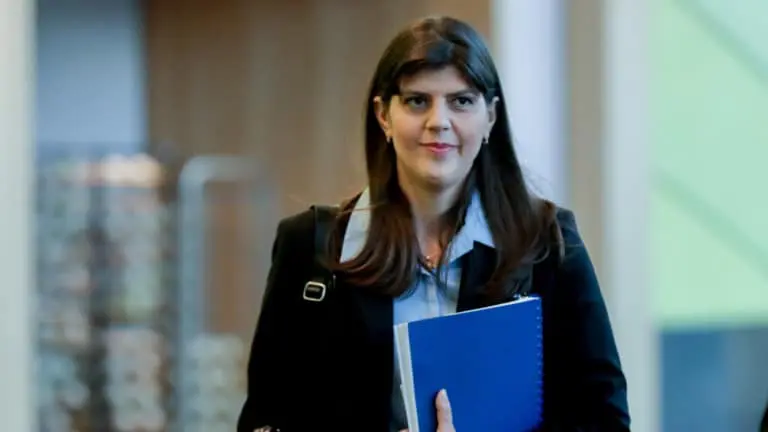Eleven mafia suspects were arrested in a large-scale international operation end of 2021 by the European Prosecutor’s Office against suspects in tax evasion of luxury cars.
Searches of 46 homes and businesses conducted simultaneous by Officers in Germany, Italy and Bulgaria. Four people have been arrested in the southern German state of Bavaria, another six – in Italy and one – in Bulgaria, Euronews reports. The raids were carried out against suspects linked to the southern Italian Mafia organisation ‘Ndrangheta..
According to German authorities, the detainees are accused of setting up a criminal organization and tax fraud worth 13m euros. The group allegedly used the so-called “VAT carousel”, reselling luxury cars several times in various European countries. Authorities also confiscated thirteen expensive cars as part of the searches.
Bavarian police say law enforcement and tax investigators in Augsburg have been investigating the case for more than a year under the direction of the European Public Prosecutor’s Office (EPPO).
“This is the first case brought by the European Public Prosecutor’s Office … and I am very pleased that the investigation is already yielding concrete results,” said European Attorney General Laura Coveschi.
One of the largest lawsuits in the country’s history began in Italy in January, with more than 320 Ndrangheta members and their associates facing numerous charges, including extortion, drug trafficking and theft. It is one of the largest lawsuits in Italian history, with more than 320 suspected mobsters and their associates facing numerous charges, including extortion, drug trafficking and theft.
The lawsuit is against the Ndrangheta mafia clan, based in the southern Calabria region, the tip of the Italian boot, and is being considered by prosecutors as the country’s most powerful mafia group, which has long overshadowed Sicily’s more famous Cosa Nostra mafia.
The trial took place in a converted call center in the Calabrian town of Lamezia Terme, with defendants housed in metal cages and rows of desks lined up for the hundreds of lawyers, prosecutors, journalists and spectators expected to attend.
Many of the accused are so-called “white-collar workers,” including lawyers, accountants, businessmen, local politicians and police officers who, according to lead prosecutor Nicola Grateri, have been willing to help the Ndrangheta build its criminal empire.
Speaking to reporters as he entered the courtroom, Graterie said the investigation had encouraged locals to speak. “Over the last two years, we have seen an increase in lawsuits by oppressed entrepreneurs and citizens, victims of usury, people who have been living under the threat of the Ndrangheta for years,” said the prosecutor, who has spent more than 30 years fighting the mafia.
The state called 913 witnesses to use 24,000 hours of wiretapped conversations in support of countless allegations. Grateri said he expects the trial to take a year, with the court sitting for six days each week.
Another 92 suspects have chosen a speedy trial in the same case, with hearings to begin later in January, while a much smaller group of defendants will face trial in February for five murders – including the murder of a mafia assassin who was shot. because he was gay, prosecutors said.
The last time Italy tried hundreds of alleged mobsters at once was in 1986 in Palermo, a turning point in the battle against the Cosa Nostra, marking the beginning of the sharp decline of the Sicilian mafia clan. This lawsuit had a huge impact because it was aimed at many mafia families.
The Calabria-based Ndrangheta mafia is considered one of the largest and most powerful criminal syndicates in Europe.
The Calabrian process focused mainly on just one group – the Mancuso clan of the province of Vibo Valentia – leaving much of the Ndrangheta’s top hierarchy intact. “The road ahead is still very long, but we must not give up because there are thousands of people who believe in us. We cannot mislead them,” Graterie told Reuters.







